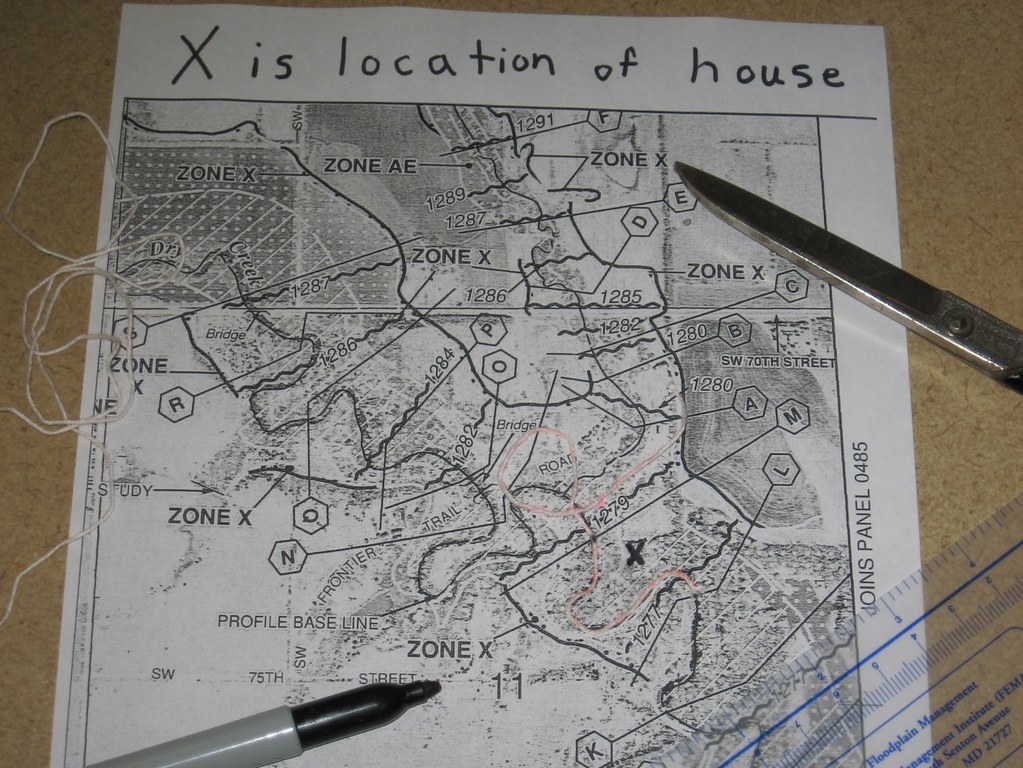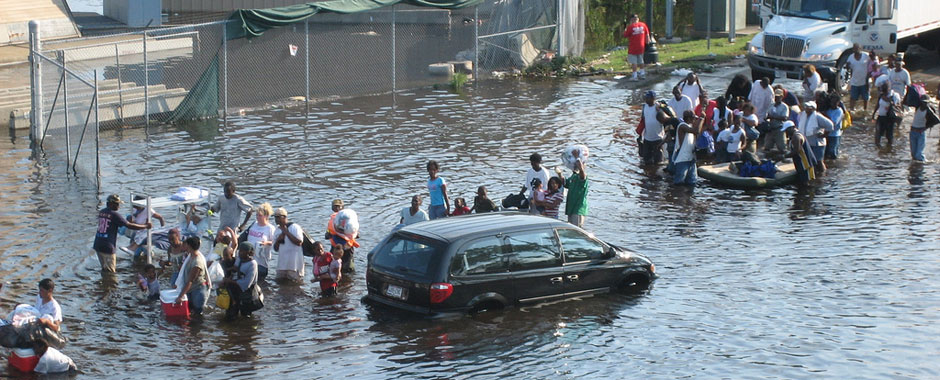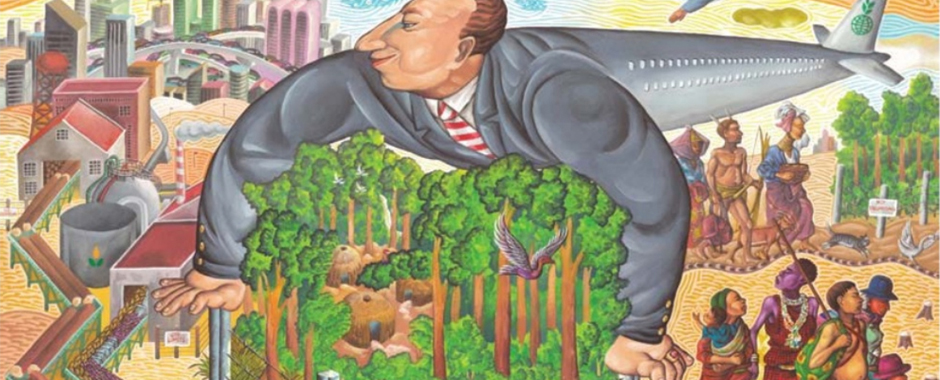This is the second in a series of four blog posts on the climate by STEPS co-director Andy Stirling, under the heading: ‘Controlling a stable planetary climate – or caring…
Does the delusion of ‘climate control’ do more harm than good to climate disruption?
Whose risk? Whose responsibility? The politics and financialisation of uncertainty
At the STEPS Centre Symposium on the Politics of Uncertainty, Susan Erikson (Simon Fraser) and Rebecca Elliott (LSE) presented fascinating cases for the insurance theme, which was part of the…
New journal ‘Nature and Space’ launched
The links between the environment and justice, past and present, are highlighted in a new article, ‘The antinomies of nature and space’, co-authored by STEPS member Lyla Mehta. So-called ‘natural’…
Impact story #2: From land grabs to the Anthropocene
A new impact story, From land grabs to the Anthropocene: exploring the politics of resources is the second in our series looking back at a decade of STEPS Centre research…
Responsibility and geoengineering in the Anthropocene
As the Anthropocene Working Group debate the start date of a new geological era, Jack Stilgoe asks what the Anthropocene means for how science takes responsibility for the climate. In…
Landmarks: how to get up close and personal with nature
I’ve just finished reading Landmarks by Robert Macfarlane, and it’s a must-read for anyone interested in sustainability and language. Each chapter focuses on one or two authors who’ve made deep…
Understanding the Anthropocene: blog series
We now live in an era where humankind has become the dominant force behind global environmental change. Paul Crutzen and Eugene Stoermer introduced the term “Anthropocene” to reflect the growing…
Landesque Capital and the Political Ecology of the Anthropocene
In many areas of South East Asia rice terraces which are centuries old cover the mountainsides, while paddy field farming in South East Asia goes back hundreds of years. In…
Yukon: Sustainability Lessons from self-governing First Nations
The Yukon is a vast territory in northwest Canada with a small population and a rich complement of natural resources, from minerals to fossil fuels, wildlife to water. It is…
Iran’s environmental crisis: why we should be mindful of depicting a dystopian future
In our age of computers and satellites, our sense of both urgency and fear has become central to the process of addressing environmental challenges. This sense of necessity for urgent…



